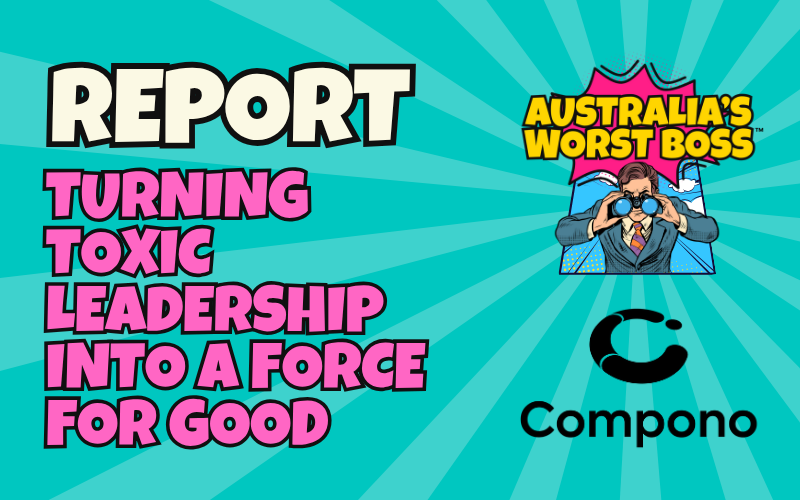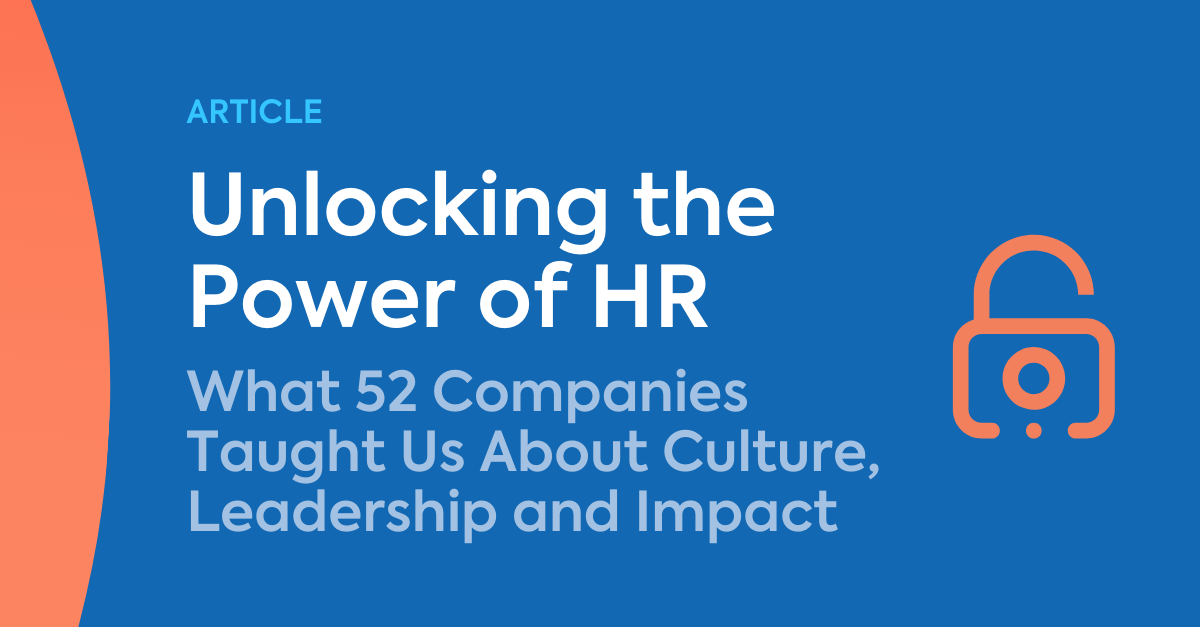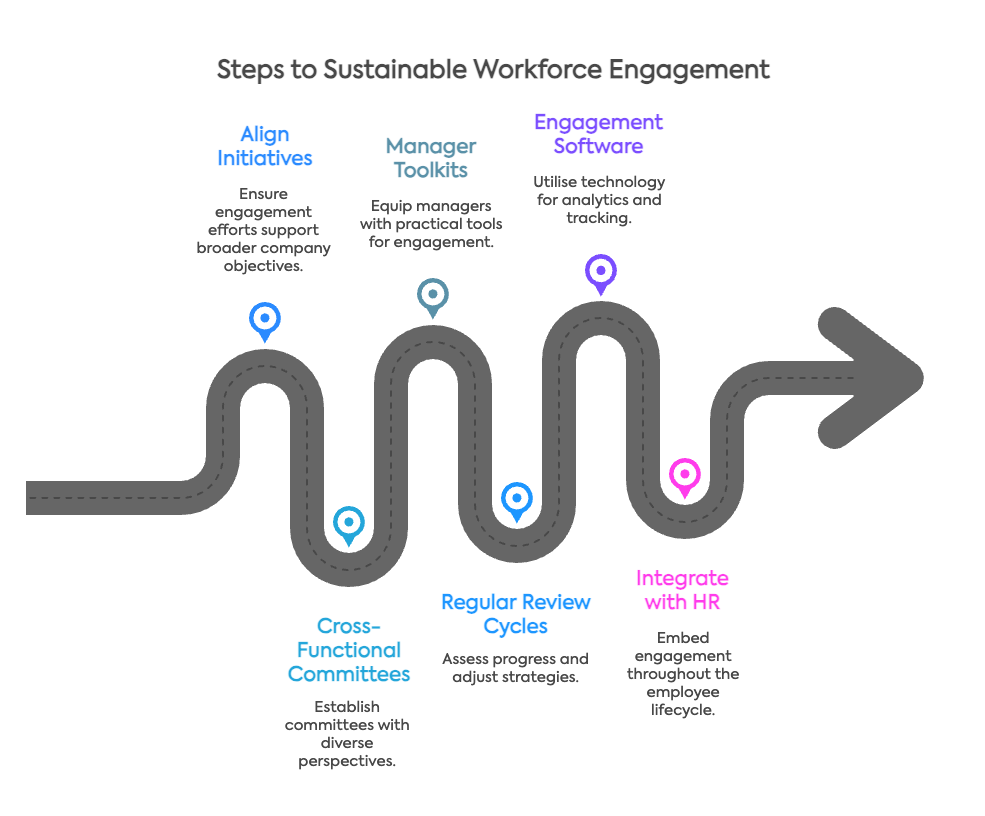Full Research: What Personality Traits Reveal About Leadership Potential (and What Surprised Us)
June 2025 | Insight from Compono’s Work Personality Research What kind of personality makes a great leader? Do strategic thinkers rise to the top?...
Become the expert on delivering
valid and fair assessments for
your training and education.
Hire
|
Engage
|
Develop
|
|
Automatically match to candidates who are a great fit for your team culture and who are intrinsically motivated to succeed. |
Deeply understand your organisation with science-backed analytics on your culture, team design, and engagement. |
Back your onboarding, compliance and skill development with industry-leading credentialling, competency and capability expertise.
|
Hey Compono helps you understand your personality and how to turn it into your superpower.
First 1,000 users get 10 minutes free.
Just $15 a month after that — cancel anytime.
6 min read
 Rudy Crous
October 22, 2025
Rudy Crous
October 22, 2025

What makes a good leader? It’s a question that has sparked endless books and boardroom debates, yet one rarely asked in reverse: What do bad bosses share in common, and can they truly change? At Compono, we believe this is the beating heart of great workplaces. Leadership is a skill – a practised craft – not just a destination on the corporate ladder. When leaders get it wrong, it strikes at the core of culture and performance. When they get it right, they unlock teams, trust, and long-term results.
That’s why we launched Australia's Worst Boss: to move past the wild stories that fill Friday night drinks, and instead run the country’s largest study on toxic leadership. We wanted to dig deep, collect real data, and shine a light on what’s getting in the way of truly effective leadership – not just at the individual level, but right across the leadership teams that set the tone for entire organisations.
This report is built from 214 detailed stories collected through web submissions and street interviews, giving us a window into the contemporary Australian workplace, from bustling offices to cafés, classrooms and construction sites. The findings provide a national snapshot that’s both sobering and instructive.
Demographic highlights:
After coding the stories into themes, 12 recurring leadership pitfalls emerged. At the top: lack of compassion, especially around leave and flexibility (22%). This was followed by lack of training/support (11%), bullying and abuse (11%), micromanagement/surveillance (10%), nepotism/favouritism (10%), wage theft/underpayment (8%), and safety neglect (6%).
| Theme | % of Stories |
|---|---|
Leave & flexibility refusals/lack of compassion |
22% |
Lack of training/support |
11% |
Bullying/abuse |
11% |
Micromanagement/surveillance |
10% |
Nepotism/favouritism |
10% |
Wage theft/underpayment |
8% |
Safety neglect/harm |
6% |
Discrimination/bigotry |
6% |
Excessive hours/overwork |
5% |
Retaliation for speaking up |
4% |
Harassment (sexual) |
4% |
Fraud/corruption |
1% |
It’s tempting to think bad bosses are just “bad apples,” but the truth is more complex and less comforting. Most so-called bad bosses aren’t villains. They’re people who simply never had the right training or role models, or who didn’t have leaders above them who prioritised team wellbeing and employee support.
Bad leadership doesn’t strike every sector equally. Certain themes and problematic behaviours surfaced more often depending on the industry, revealing subtle differences in what teams tolerate, overlook, or simply don’t see coming.
Leadership issues don’t exist in a vacuum. In many stories, multiple problems pile up, revealing a sign that where one behaviour is tolerated or overlooked, others quickly take root. Some key combos that cropped up frequently:
This overlap tells us that bad behaviour rarely travels alone. One crack in the leadership foundation often signals deeper issues, left unchecked until they become embedded in team culture.
A deeper analysis of the data tells us that while individual bosses set the day-to-day tone, teams of leaders collectively determine the bigger picture. Toxic leadership is rarely lone-wolf behaviour; it cascades from the top down.
Our findings show these blind spots are amplified by individual personalities and motivations. Some leaders value control and predictability, becoming micromanagers. Others, driven by tradition or self-protection, fall into favouritism or resist change. Ultimately, it comes down to both team dynamics and self-awareness: knowing your own leadership style, and being open to adapting it for the good of the whole.
Possibly the most confronting statistic: 75% of respondents said their bad boss situation never got better. For most employees, the cycle of poor behaviour and low morale just continued. In 9 out of 12 problem areas, fewer than 1 in 5 saw improvement. That said, some leaders (25%) did show they were willing and able to turn things around when given the right feedback, support, or a wake-up call.
The highest rates of redemption were seen when issues were formally raised rather than ignored. As it turns out, speaking up does move the needle.
| Theme | Redemption Rate |
|---|---|
Retaliation for speaking up |
44% |
Fraud/corruption |
33% |
Discrimination/bigotry |
25% |
Micromanagement/surveillance |
20% |
Nepotism/favouritism |
20% |
Lack of training/support |
17% |
Bullying/abuse |
14% |
Leave & flexibility refusals |
13% |
Wage theft/underpayment |
12% |
Harassment (sexual) |
11% |
Excessive hours/overwork |
9% |
Safety neglect/harm |
8% |
It’s easy to blame character, but our research points instead to capability. We know from academic research that most managers and leaders are promoted for technical talent, not for showing skill in growing, motivating, or protecting a team. For leadership teams, the common trap is assuming senior managers will simply “figure it out” along the way, or that it’s enough to assemble a team of “experts” and hope good culture follows.
But culture is set by leaders who are willing to check their blind spots, build self-awareness, and intentionally develop their people skills. When leadership teams overlook this, it's no wonder most bad boss stories end in resignation or silent suffering.
Every bad boss story is a missed opportunity for transformation for both the individual and the wider workplace. At Compono, our core belief is that redemption is possible with the right mix of self-awareness, feedback, and structured learning.
That’s why, building on this research, we’re launching Australia’s Executive Lab in the coming months. The Executive Lab is designed to diagnose the hidden patterns in leadership teams: what they care about, what they miss, and what holds them back. By using cutting-edge behavioural science and practical assessment tools, the Lab will give organisations the deep insight needed to shift from reactive management to proactive, compassionate leadership.
The Lab will dive into real motivations, team dynamics, and the misalignments between what leaders think drives high performance and what actually does. It aims to help organisations see where strengths and gaps lie and, most importantly, build leadership capability at every level.
Australia’s workplaces are crying out for a fresh take on leadership. The data is clear: bad bosses are everywhere, but they aren’t lost causes. Nor are they isolated. Leadership is a system, and teams play as big a role as individuals. With the right training, feedback, and support, we can turn today’s “worst bosses” into tomorrow’s most inspiring leaders.
At Compono, we’re proud to be at the forefront of this movement. Our commitment is to make leadership a teachable skill and move beyond just “naming and shaming” towards real, measurable change.
Culture really does begin at the top with leaders who are willing to learn, adapt, and put people first. The path from worst boss to great leader isn’t always easy, but with the right support, it’s within reach for every organisation and every manager. If you’re ready to see what’s possible for your business, take a closer look at how our platform builds culture and leadership that lasts.

At Compono, we believe great leadership is the foundation of thriving teams and successful businesses. Our platform is designed to help you build a culture of excellence by equipping leaders with the tools, insights, and training they need to succeed.
Explore how Compono can help you unlock the full potential of your leadership team and drive lasting cultural change.
-1.png)
June 2025 | Insight from Compono’s Work Personality Research What kind of personality makes a great leader? Do strategic thinkers rise to the top?...

A white paper by Compono - August 2025 Why HR Still Feels Stuck and How to Change It In boardrooms across Australia and New Zealand, something...

Here’s something that might surprise you: organisations with highly engaged employees see 23% higher profitability and 18% greater productivity. A...